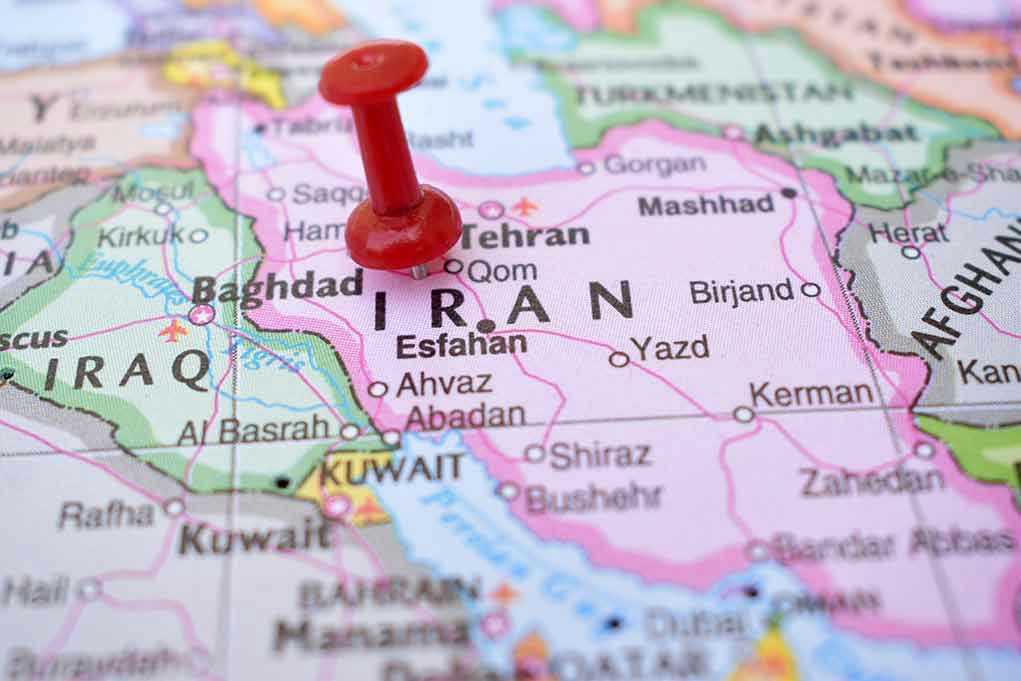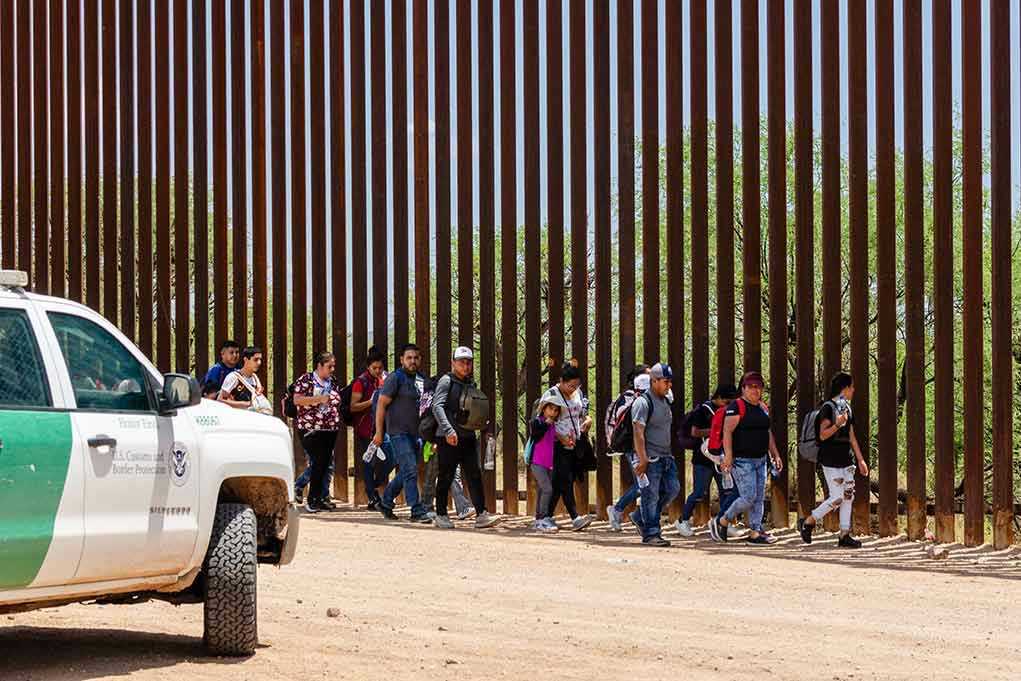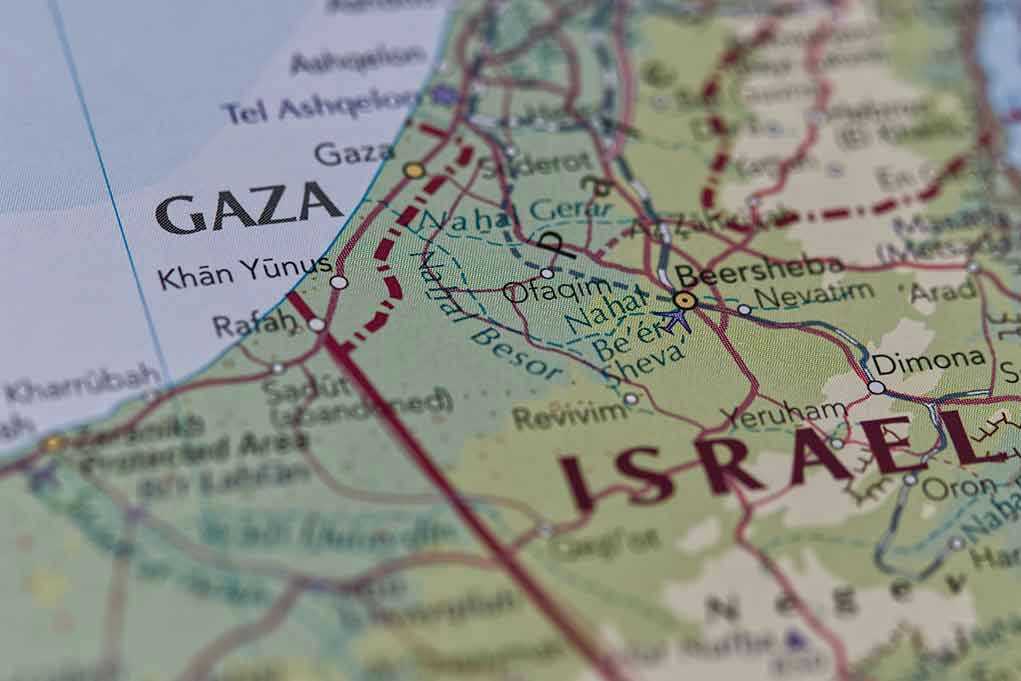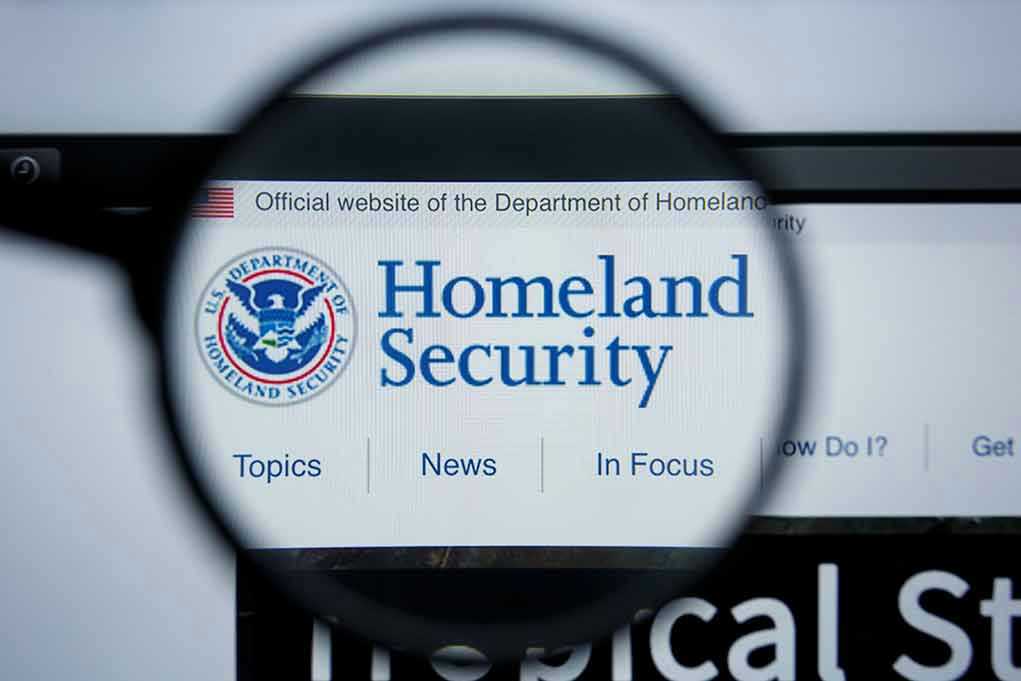
Iran, Russia, and China are challenging the West’s efforts to reinstate sanctions on Iran, creating a significant geopolitical confrontation.
Story Overview
- Iran, along with Russia and China, resists attempts to renew UN sanctions.
- The snapback mechanism of the Iran Nuclear Deal is under intense scrutiny.
- The U.S. withdrawal from the deal complicates the legal standing of sanctions.
- Diplomatic tensions rise as the October 2025 deadline approaches.
Iran, Russia, and China Unite Against Sanctions
As the expiration date for the Joint Comprehensive Plan of Action’s (JCPOA) snapback mechanism looms in October 2025, Iran, Russia, and China are actively challenging Western powers’ efforts to reimpose United Nations sanctions on Iran. The snapback mechanism enables any JCPOA participant to automatically reimpose previous UN sanctions if Iran significantly violates the deal. However, following the U.S.’s withdrawal from the JCPOA, the mechanism’s legitimacy is under dispute, with Tehran, Moscow, and Beijing arguing it is no longer valid.
The JCPOA, initially signed in 2015, was designed to limit Iran’s nuclear program in exchange for sanctions relief. The snapback mechanism was a crucial part of this framework, allowing sanctions reimposition without requiring consensus among Security Council members. Despite the U.S. withdrawal in 2018, France, Germany, and the UK (the E3) have signaled their intent to trigger the snapback if no new agreement with Iran is reached. Iran, Russia, and China are vehemently opposing this move, citing the U.S.’s exit from the deal as a reason for the mechanism’s invalidity.
Western Allies and Legal Ambiguities
France, Germany, and the UK are caught in a diplomatic dilemma. They aim to prevent an Iranian nuclear breakout while maintaining their standing as reliable actors in international diplomacy. The snapback mechanism was initially designed to prevent Iran from violating its commitments without consequence. However, the U.S.’s withdrawal has complicated the situation, creating ambiguity over whether the mechanism can still be legitimately activated.
Iran has continued to escalate its uranium enrichment activities since 2021, pushing the boundaries of the JCPOA. The E3’s potential activation of the snapback mechanism is seen as a last-ditch effort to bring Iran back into compliance. However, Russian and Chinese opposition, coupled with their veto power in the UN Security Council, complicates these efforts. This situation underscores the power dynamics at play, where Russia and China seek to counter U.S. and EU influence.
Implications and Consequences
The potential reimposition of UN sanctions on Iran carries significant implications. In the short term, Iran could face increased diplomatic isolation and economic hardship, further straining its already fragile economy. For the broader global community, renewed sanctions could disrupt international oil markets, potentially leading to price spikes and increased volatility.
In the long term, if the snapback mechanism is contested, it could undermine the JCPOA framework and weaken multilateral nonproliferation efforts. The risk of Iranian nuclear escalation remains a concern, threatening regional stability. Moreover, the diplomatic rift between Western and non-Western powers may deepen, affecting global geopolitical alignments.
Future Outlook and Expert Opinions
Experts highlight the diplomatic significance of the snapback mechanism beyond its economic impact. While existing U.S. sanctions already place significant pressure on Iran, multilateral sanctions would re-legitimize Western efforts to curtail Iran’s nuclear ambitions. Scholars also point to the legal ambiguities surrounding the snapback mechanism post-U.S. withdrawal, noting that it challenges the UN Security Council’s authority if contested.
Western analysts argue that activating the snapback is crucial for enforcing nonproliferation norms, while Russian and Chinese perspectives view it as Western coercion. As the October deadline approaches, diplomatic maneuvering is expected to intensify, with all parties seeking to protect their strategic interests and maintain regional security.
Sources:
The Washington Institute for Near East Policy
UNC Kenan-Flagler Business School

















